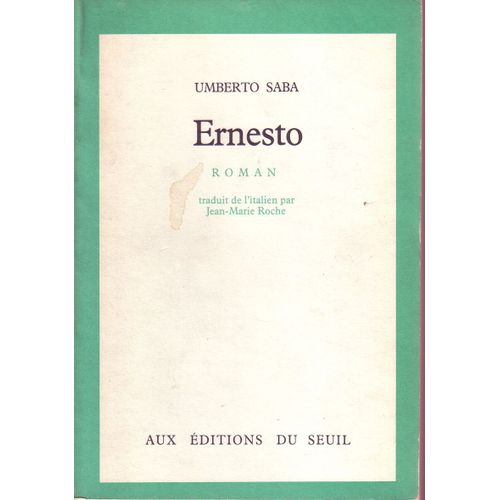
I get you all the time, but I’m always ashamed the money’s so little. I hate him too.” (But just one look at the boy made it seem unlikely that he really hated anyone.) “It makes me sick when he sends me out to the piazza to get a man to help, and he tells me what he’s going to pay. “Can’t say I blame you,” Ernesto repeated. Sitting there with his head cupped between his hands, the man looked exhausted to Ernesto. Although he knew the man well-he had been talking to him for months because they worked together and because he rather liked him-he was staring at him now, as if he were seeing him for the first time. At the moment, he was leaning against the open door of the warehouse awaiting a cart due momentarily with the last load of the day. Somewhat gangly, he moved with adolescent grace, as though he felt awkward and was afraid of being ridiculed. He had soft, curly chestnut hair and hazel eyes (like some poodles). Ernesto was sixteen and an apprentice at a company that bought flour from large Hungarian mills and sold it to the city’s bakeries. Though he seemed tired to Ernesto, he was a young man with a Gypsyish look about him-though an attenuated, tame kind of Gypsyness. He was wearing a large red kerchief around his head, which hung below his shoulders (to protect his neck from the chafing fabric of the sacks). The man was sitting on a pile of flour sacks in a warehouse on via.

The speakers were a man (a day laborer) and a boy. The above conversation (which was spoken, like those following it, in a dialect I’ve altered and modified as best I could, so that readers, if this story ever has any readers, would understand them) took place in Trieste in the last years of the nineteenth century. “The boss! Dirty bloodsucker-a florin and a half to load and unload two carts.”


 0 kommentar(er)
0 kommentar(er)
